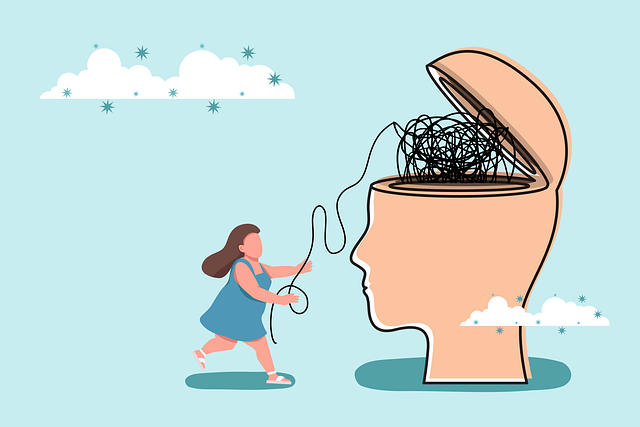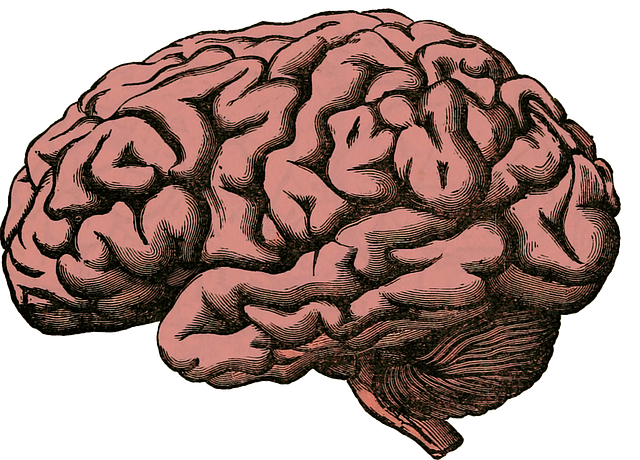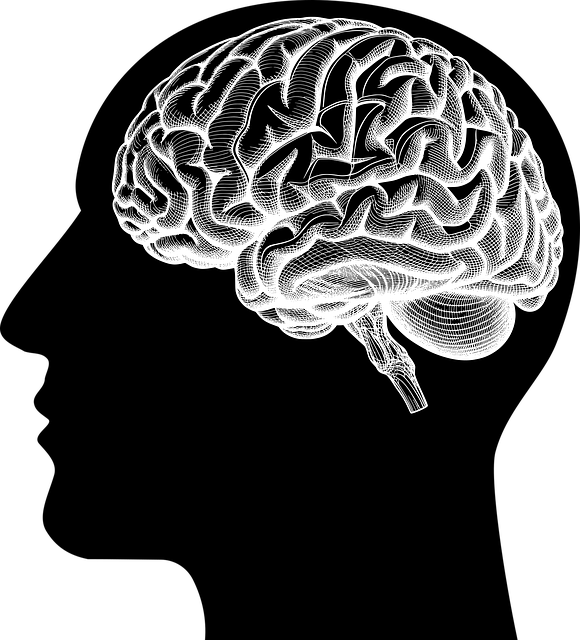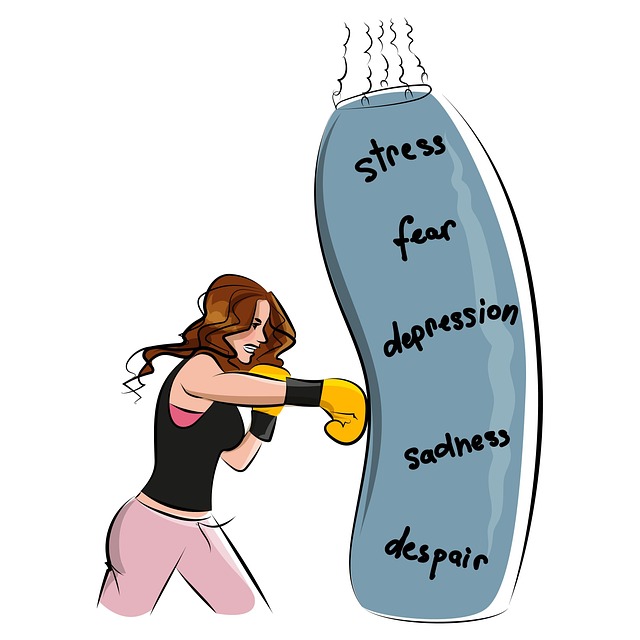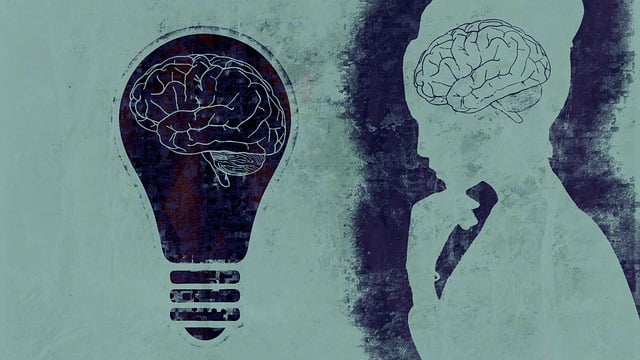Cultural competency is vital in healthcare, especially in diverse cities like Denver, as it ensures providers deliver effective, inclusive care. In mental health services, such as Denver Exposure and Response Prevention (ERP) Therapy for anxiety disorders, understanding cultural nuances reduces stigma and improves patient trust and outcomes. Tailoring compassion cultivation and emotional healing processes to different cultures enhances therapy effectiveness. Inclusive healthcare training in Denver should incorporate empathy-building strategies, active listening, and cultural sensitivity. Evaluating these programs' success involves assessing patient engagement, satisfaction, and provider stress levels before and after training, with Denver ERP Therapy offering a unique assessment method.
Healthcare provider cultural competency training is an essential component of delivering quality care in diverse communities, especially in vibrant cities like Denver. This article explores the significance of cultural competency in healthcare settings, focusing on Denver’s unique context. We delve into the power of exposure and response prevention therapy (ERP) as a therapeutic approach within these training programs. Additionally, it provides insights on designing effective ERP-based training and measuring success through evaluation metrics.
- Understanding Cultural Competency in Healthcare: Why It Matters in Denver
- The Role of Exposure and Response Prevention Therapy (ERP) in Cultural Training
- Designing Effective Training Programs for Healthcare Providers in a Diverse Community
- Measuring Success: Evaluating the Impact of Cultural Competency Training in Clinical Settings
Understanding Cultural Competency in Healthcare: Why It Matters in Denver

Cultural competency is a vital aspect of healthcare that ensures providers can offer quality care to a diverse range of patients in Denver and beyond. It involves understanding and appreciating different cultural beliefs, practices, and values related to health and illness. In a city like Denver, with its vibrant multicultural communities, this competence is not just desirable but essential. By recognizing and respecting these cultural differences, healthcare providers can create inclusive environments, improve patient trust, and enhance overall health outcomes.
In the context of mental health services, especially in therapy practices such as Exposure and Response Prevention (ERP) for treating anxiety disorders, cultural competency plays a significant role. Denver’s diverse population may have unique perspectives on mental illness, coping mechanisms, and treatment preferences. Compassion cultivation practices and emotional healing processes can be tailored to address these cultural nuances. For instance, mental illness stigma reduction efforts can gain traction when therapists demonstrate an understanding of the patient’s cultural background, fostering a safe space for open dialogue and recovery.
The Role of Exposure and Response Prevention Therapy (ERP) in Cultural Training

Cultural competency is an essential aspect of modern healthcare, ensuring providers can offer personalized and effective treatment to a diverse range of patients. One powerful tool in this training process is Exposure and Response Prevention (ERP) Therapy. This approach involves gradual exposure to scenarios or cultural elements that may be unfamiliar or uncomfortable for the healthcare provider. Through controlled interactions, ERP helps professionals develop coping strategies and build resilience when dealing with cultural differences. For instance, a Denver-based healthcare worker might engage in simulated patient encounters representing various ethnic backgrounds, enabling them to practice cultural sensitivity and empathy.
By combining these exposure sessions with effective response prevention techniques, providers can overcome barriers such as prejudice, stereotyping, or anxiety related to cultural diversity. The goal is to foster positive thinking and empathy-building strategies that translate into improved patient interactions and outcomes. This method goes beyond surface-level awareness; it empowers healthcare professionals to actively prevent issues like depression or miscommunication that may arise from a lack of cultural understanding, ultimately enhancing the overall patient experience.
Designing Effective Training Programs for Healthcare Providers in a Diverse Community

In designing effective training programs for healthcare providers serving a diverse community, it’s imperative to recognize and incorporate strategies that build empathy and cultural competency. Denver Exposure and Response Prevention (ERP) Therapy offers valuable insights into navigating complex interpersonal dynamics, which can be applied to these training initiatives. By integrating evidence-based techniques like ERP, mental wellness becomes a central focus. This approach equips healthcare providers with the skills to understand and address the unique mental health needs of individuals from various cultural backgrounds.
The Mental Health Education Programs Design should aim to foster environments that promote active listening, cultural sensitivity, and an openness to learning. Empathy-building strategies, for instance, role-playing scenarios and cross-cultural case studies, enable providers to step into the shoes of their patients. This enhances their ability to provide tailored care while bridging communication gaps. Such immersive training methods ensure healthcare providers are prepared to offer compassionate, culturally responsive services in a diverse community setting.
Measuring Success: Evaluating the Impact of Cultural Competency Training in Clinical Settings

Evaluating the success of cultural competency training is paramount to understanding its true impact on healthcare delivery. It goes beyond mere participation or satisfaction surveys; measuring success requires looking at tangible outcomes and improvements in patient care. In clinical settings, this could mean tracking changes in patient engagement and satisfaction with care, especially among diverse populations. For instance, increased patient retention rates and improved adherence to treatment plans post-training can indicate successful implementation.
The Denver Exposure and Response Prevention Therapy (DERPT) approach, often incorporated into cultural competency training, offers a unique lens for assessment. By integrating self-awareness exercises tailored to diverse cultural contexts, these workshops equip healthcare providers with effective stress management tools. Measuring the impact of such interventions could include evaluating changes in provider stress levels, as reported through regular surveys or focus groups, and comparing them against pre-training baseline data. This demonstrates the practical application of training, showing how it translates into better self-care for providers and ultimately enhanced quality of care for patients.
Cultural competency training is an essential tool in enhancing healthcare delivery in diverse communities, such as Denver. By incorporating methods like Exposure and Response Prevention Therapy (ERP), these programs can effectively prepare healthcare providers to navigate complex cultural landscapes. Through well-designed training, professionals gain the skills needed to offer more inclusive and sensitive care. Measuring the impact of such initiatives is crucial for continuous improvement, ensuring that cultural competency becomes an integral part of healthcare in Denver and beyond.

